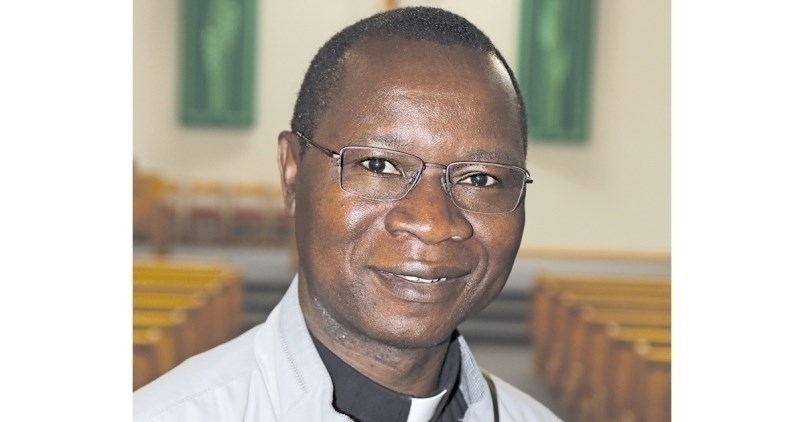We believe that the cross of Christ provides us with a compass to navigate our contemporary experience, as we continue to grapple with the COVID-19 pandemic.
Fr. Thomas Connery had a terrible sense of direction. One day he was walking alone as a tourist in California, enjoying the night air. Unfortunately, he got so carried away that he wandered far from his hotel. The further he went, the less sure he was that he knew his way back. He became anxious. He calmed down, however, when he remembered that his hotel was close to Crystal Cathedral. All he had to do was to keep his eye on the illuminated cross.
The way out of our predicament is to focus on the cross of Jesus.
We are living an extended Good Friday; God seems absent. We gain insight when we look at our suffering through the cross. Peter instructs us that Christ leaves us an example in his suffering (1 Peter 2:21). We naturally have many questions. In any case, the best question to ask is: can we learn anything from the sufferings and death of Christ? We can learn the following.
We are challenged to accept our situation because it may have a hidden purpose. Suffering brings us face to face with our limitations. Incidentally, it can either leave us better persons or bitter persons. For suffering makes us better people, we need to explore its significance for our lives. Our suffering is God’s way of stripping us of our self-reliance so that grace can truly work in us (2 Corinthians 12:7-9). Acceptance calls for a renewal of faith that even in our suffering God is working for our good (Romans 8:28).
We require patience. Suffering can pull us apart, as we live either in the past when things were alright or anticipate a future without pain. But patience does not mean passive waiting. It comes from the Latin “patior”, which means to suffer. It implies entering deeper into our painful experience, to listen to what God is trying to communicate to us. According to C.S. Lewis: “God whispers to us in our pleasures, speaks in our conscience, but shouts in our pains: it is His megaphone to rouse a deaf world.” For suffering to be worthwhile, we need to learn from it.
We can look at our situation as an irritation; an interruption of our lives as we know it. Yet, Henri Nouwen describes suffering as an invitation:
“Suffering invites us to place our hurts in larger hands. In Christ we see God suffering – for us. And calling us to share in God’s suffering love for a hurting world. The small and even overpowering pains of our lives are intimately connected with the greater pains of Christ. Our daily sorrows are anchored in a greater sorrow and therefore a larger hope.”
When we reflect on the Cross of Christ, we begin to see suffering through a different lens.



